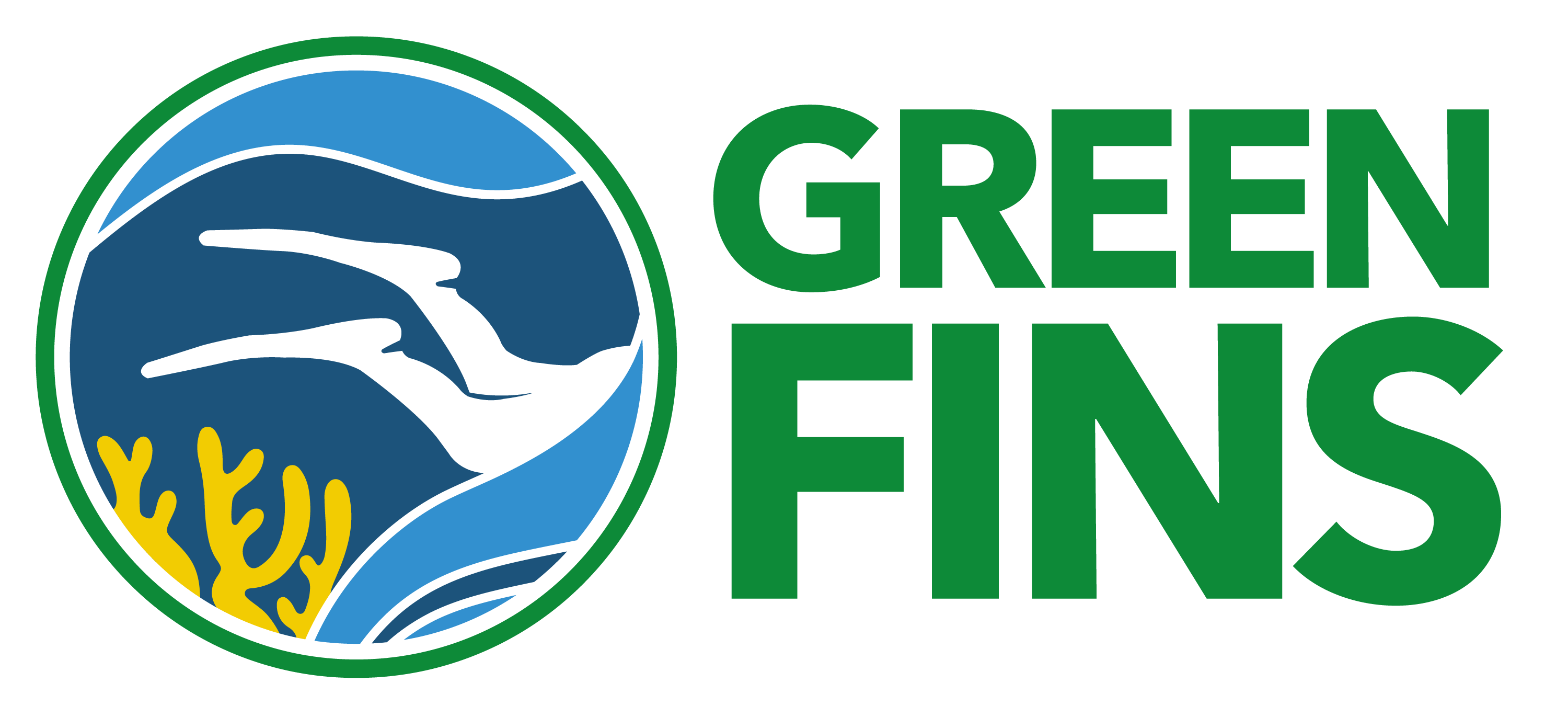Dive Ninja Expeditions, a PADI 5 Star Instructor Development Dive Center in Baja California Sur, was built with sustainability and conservation as the core pillars of its business. They aim to set a higher standard, evident in all their activities. They believe that by trying to create a higher standard in dive tourism, the rest of the industry will follow suit. All tours and expeditions are designed to create lasting memories for the Dive Ninja guests while protecting the incredible oceans and creatures that make these magical experiences possible. Single-use plastics are never found on the tours or in the shop.
The company actively develops and supports numerous marine conservation and research projects both locally and internationally. Dive Ninja’s reputation and proven track record for setting a new standard in sustainable tourism have led to it being recognised as the first Green Fins Member in Mexico and awarded the first PADI Eco Center in the country — a prestigious credential awarded to those who exhibit a continued commitment to conservation efforts in collaboration with The Reef-World Foundation, international coordinator of Green Fins.
We spoke to Jay Clue, the owner and founder of Dive Ninja, about their business’ sustainability journey.
Why did you become a Green Fins Digital Member?
We were interested in joining the Green Fins initiative in the early stages of Dive Ninja, but back then there was no charter established for Mexico. A few years later, Aitor Diaz joined the team as Dive Ninja’s General Manager and Course Director. He told Jay and the team about his awesome experiences with Green Fins in Indonesia. Aitor previously owned a dive shop in Labuan Bajo before coming to Baja to join Ninja and they had great results working with Green Fins and the local community. This rekindled the idea and Aitor reached out to Green Fins to see if there were any new possibilities in Mexico.
After chatting with the Reef-World team, we were offered the opportunity to participate in helping beta test the new Green Fins Hub platform to help improve it. So of course, we jumped at the opportunity! Soon we would become one of the first two Green Fins Digital Members in Mexico. The Green Fins initiative has always held a solid reputation in the industry and Aitor could attest first-hand to how they helped dive operators in Indonesia become more sustainable and work to create more awareness among diving and ocean tour operators. We wanted to bring that same impact to not only Dive Ninja Expeditions but to our home of Baja California Sur, Mexico as well.

Can you share some actions or initiatives that you have implemented in your dive operation to promote environmental conservation since joining Green Fins and what are you most proud of?
Dive Ninjas Expeditions is a company built around conservation and citizen science projects here in Baja California Sur, Mexico as well as running international group trips to experience some of the world’s best diving outside of Baja. Since our inception, our focus has always been working towards bridging the gaps between ocean tourism, marine research and conservation. This can be seen in all levels of the business from environmental education being part of all of our courses and tours to having our tour snacks supplied by local female-owned businesses that source their ingredients locally and use zero waste principals, designing sustainable tourism platforms that help support local marine research projects, and the list goes on and on.
The Green Fins Action Plan helped us to look at our operations and see how we could be even better at what we do. Their infographics and posters gave us a nicer way to conduct briefings and provide information to our guests. The Green Fins online courses enabled us to create a new program for our Divemaster students to not only learn how to be a better guide but also learn how to work through environmental issues they may face in their upcoming careers.
Have you faced any challenges or obstacles while implementing sustainable practices, and how did you overcome them?
We are very lucky to have a strong community that advocates for the protection of our local environment. But our main challenge is working in a Marine Protected Area & UNESCO site that is poorly managed due to a lack of funding and resources. When we try to implement new good practices on a community scale it can be quite difficult as we are in constant battle with most dive shops wanting to change things for the better, but many smaller operators and non-diving operators not being open to change compacted with the government not stepping in to help support positive change. Due to this, we see constant illegal fishing in the MPA, as well as bad tourism practices such as feeding the fish while taking snorkelers out or approaching too close to local fauna, such as sea lions or bird colonies with boats, or chasing whales or orcas and so on. But over the years we are slowly seeing some change and we believe this is partly due to more informed consumers wanting to work with operators that are doing the right thing and not just trying to make a quick dollar.
Are there any actions that are more challenging to implement than others?
The most challenging at the moment has been setting fixed mooring buoys at the dive sites as well as setting a surface perimeter in 2 places inside the marine park of Cabo San Lucas for the protection of the snorkelers and the fauna from boats. The project has recently made some great strides forward due to the hard work of the Buzos AC – an association of local dive centres working to better protect the area. There is still much more to be done, but it has been great to see the project finally start to materialise and newly expanded surface-permitted buoys to be implemented at some dive sites.

How have your staff reacted to the Green Fins practices implemented?
Our staff has been thrilled and happy to be part of Green Fins. We implemented a requirement that all members must take the Green Fins Dive Guide e-Course and they were super stoked. We’re very lucky to have such a passionate and conservation-focused team at Dive Ninja. It was great to see them implementing things they have learned from the course and Digital Member Hub into their daily activities such as adding things into their briefings or looking for more environmentally friendly detergents for cleaning gear and more.
How does Green Fins help you manage your business sustainably?
Green Fins helped us to look at our operations from a different point of view. It gave us new ideas on how to handle simple things from cleaning equipment to briefing our guests. But even more, it sparked new project ideas such as our Divemaster student workshop on creating environmental action plans.
Have your sustainable efforts helped you grow your business/attract new customers?
As Dive Ninja was created from the beginning to be a sustainable and conservation-focused dive shop, I believe the majority of our guests choose to dive with us because of this reason. It’s one of the things that separates us from most shops as it has never been something we bolted on, but instead is the actual heart and soul of the company. In the beginning, many thought we were just crazy, but over the years we’ve seen more and more growth with more and more guests wanting to learn more about the ocean or how they can get involved. Which is amazing! We not only get to share the ocean with them, but share our mutual passion for preserving and protecting it.

It seems like Dive Ninja take part in regular marine life monitoring and reports the data to an active database:
What marine life monitoring do you participate in?
We work with quite a few marine life monitoring projects. We have an ongoing program with the brilliant marine scientist, Marta Palacios and her organisation Mobula Conservation Project. This project contains special mobula conservation expeditions where guests can experience the world’s largest aggregations of rays right here in Baja while also helping support Marta’s work. We also have a program with striped marlin where we work with local scientists so our guests can experience Baja’s sardine run and also help scientists monitor and collect data. We also run annual trips to Socorro Island where our guests can get involved with manta ray photo identification projects with our friends at Pacific Manta Research Group.
We also run a monthly underwater cleanup dive in support of PADI AWARE’s Dive Against Debris platform as well as teach our Divemaster students how to create and manage debris dives before assigning them local dive sites that they will monitor throughout their time with us. Our last cleanup this past weekend removed over 400 pieces of garbage from the ocean in just one dive.
In addition to those, we also have ongoing monitoring projects with a multitude of research centers and conservation organizations collecting data on marine debris, marine mammals, identifying bad practices and illegal activities, shark and ray census data, and so much more.
Do you think marine life monitoring/citizen science is important? Why or why not?
Citizen science was and still is the foundation of Dive Ninjas. All of our expeditions are built around citizen science, marine life monitoring, and conservation programs. We firmly believe that divers are a strong voice for our oceans. And if we can link the adventure of diving with their passion for protecting what they love, we create an incredible force for conservation. It helps put thousands, if not millions more eyes in the water, allowing researchers and scientists to expand their data collections and provide crucial information for their research. Recreational divers travel and dive all over the globe and they have the opportunity to support many different research projects, while scientists tend to be more focused on one area, and maybe working with limited resources without the chance to reach other communities, countries and areas.

What is your favourite feature on the Green Fins Hub?
For me personally, the questionnaire evaluation is potent and intuitive, and an easy way to identify quick problems with an easy way to work through them to find solutions. Sometimes dive operators get overwhelmed thinking of complicated projects and upgrades to help the environment, such as going fully solar powered, yet we miss the small things that are much easier to accomplish and still help us create great positive impacts. The Green Fins questionnaire and action plan tracker really help to zero in on these things and work to find solutions.
What role do you see digital platforms, such as Green Fins Hub, playing in supporting sustainable practices in the diving industry?
There are so many incredible people doing amazing work and creating initiatives to protect the environment around the world. Digital platforms like the Green Fins Hub make it easy to connect and learn from others, but they also let you see that many others have been where you are now and have found ways to move forward. This sharing of ideas and progress is not only a great tool for the industry but it helps to inspire more people to get involved and find solutions to becoming more sustainable.

Are there any new initiatives or projects you plan to undertake to further enhance your dive shop’s environmental efforts?
We are in the process of getting ready to launch our Dive Ninja Ocean Guardians mentorship program. This is a new community outreach program Jay Clue has been working on for almost 2 years now that gives local young adults, that may not have the resources to follow their passion for the ocean, an opportunity to take a 9 month internship in sustainable ocean tourism while also working to become a PADI dive instructor. The program involves a bunch of different training and partnerships. It is unlike anything we’ve seen elsewhere. The students will have opportunities to learn all facets of working in diving, from captaining boats to guiding, sales, and even managing a dive shop. They’ll also have workshops with some of the local scientists we partner with so that they can learn about sharks, rays, sea turtles, coral, and whales as well as English language classes to help open up more career opportunities for them.
But what makes the program really special, is that part of the agreement for being accepted into it requires that the students give back to our local community. Such as giving talks at local schools about ocean conservation or sharks, taking members of their community diving, snorkelling, or whale watching to let them experience how incredible our waters really are, organising beach & ocean clean-ups, as well as being a mentor to the next group of students that join the program after them. Our goal is to not only help them build a new career path for themselves in sustainable ocean tourism but to also create the next generation of ocean ambassadors in our local communities.
In addition to this, our Course Director, Aitor Diaz, is working on launching a new 100% environmentally focused MSDT training program as part of our PADI Instructor and professional diver programs. The team is working on creating 2 new PADI distinctive specialties focused on marine conservation that will then be linked with the PADI AWARE Shark Conservation course, PADI AWARE Dive Against Debris course, and Dive Ninja’s own PADI Whale Defender distinctive specialty course (created by Jay Clue and marine mammal scientists, Maru Marcias and Mario Escalari. Students in the program will receive the instructor-level certification of these 5 courses as well as the Green Fins Dive Guide e-Course as a special ‘Conservation Focused’ PADI Master Scuba Diver Trainer program.
Green Fins digital membership is a new type of Green Fins membership that provides global access to the guidance, tools and support marine tourism operators need to improve their environmental impact and reach sustainably-minded tourists. Digital Member completes a self-evaluation to personalise their sustainability journey and create positive change.


